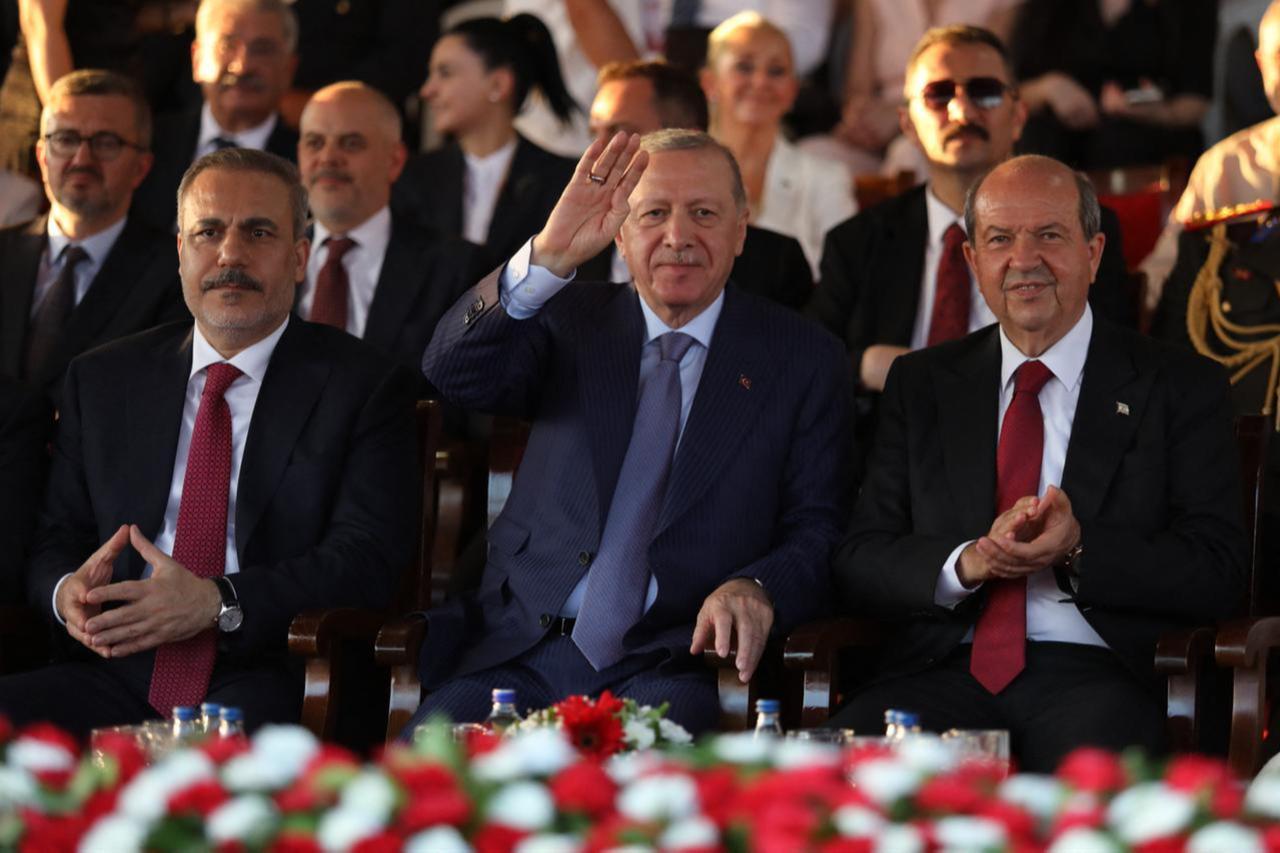
President Recep Tayyip Erdogan shared his views on current issues with journalists aboard his return flight after visiting the Turkish Republic of Northern Cyprus (TRNC) on Saturday.
President Erdogan completed his visit to the TRNC following an invitation by President Ersin Tatar to attend the 51st anniversary of the Cyprus Peace Operation.
During the visit, Erdogan took part in celebrations of the July 20 Peace and Freedom Day in Lefkosa, sharing in the joy and enthusiasm of the Turkish Cypriot community.
The president emphasized that the Cyprus Peace Operation, conducted 51 years ago in response to international treaties, ended the violence against Turkish Cypriots and thwarted the "enosis" union with Greece. He noted that, since 1963, the operation brought peace to the island and asserted that no blood has been shed there for half a century, a peace maintained with Türkiye’s steadfast support.
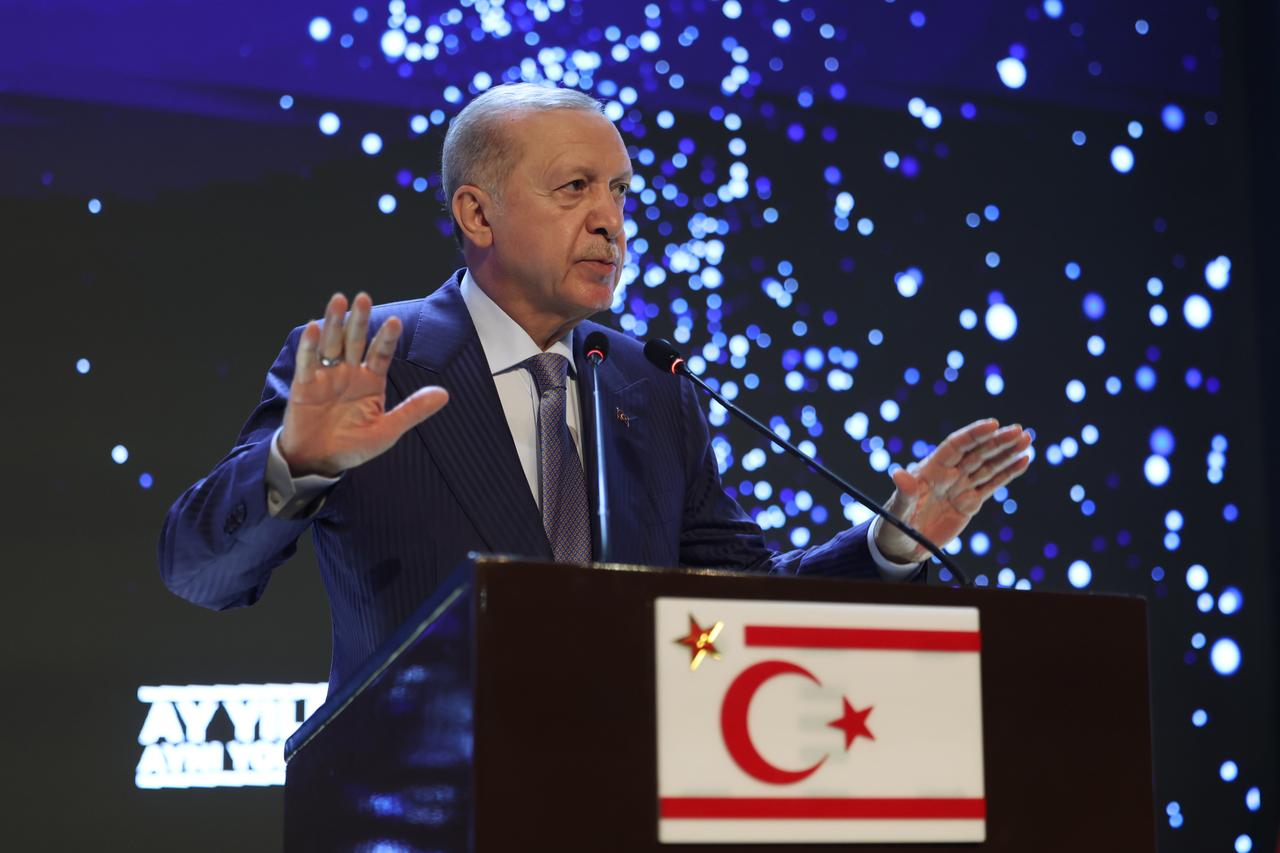
In a meeting with Tatar, Erdogan reiterated Türkiye's continued backing for Turkish Cyprus and emphasized support for a two-state solution on the island, affirming the reality of two distinct peoples and states. Erdogan reaffirmed Türkiye’s commitment to ensuring Turkish Cypriots live freely in their homeland.
Economic and financial cooperation agreements have been signed to support the TRNC in all needed areas. During his visit, Erdogan participated in openings and groundbreaking ceremonies for projects including the new Nicosia State Hospital—one of the largest health investments on the island—and the Lefkosa Northern Ring Road Bridge Junction, a key infrastructure aimed at easing traffic congestion and improving airport connectivity.
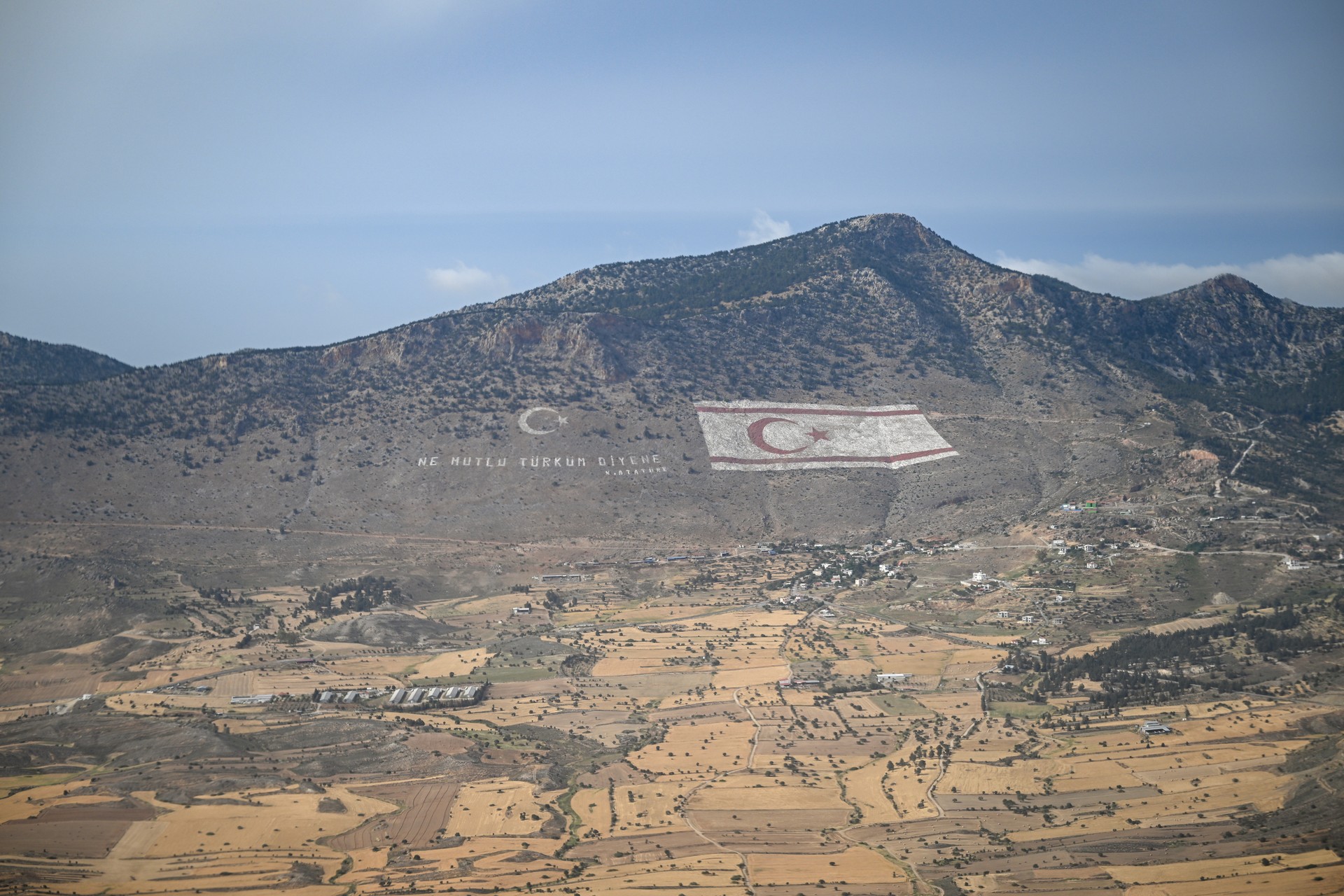
Responding to questions about recent visits by TRNC political party leaders to the Greek Cypriot administration and proposals for international census and election monitoring, Erdogan stated that Türkiye does not recognize Greek Cyprus as a state and therefore will not engage in talks with them. He dismissed these moves as marginal and said they do not represent the will of Turkish Cypriots.
Erdogan emphasized that Türkiye and Turkish Cypriots are united and that no one can call Türkiye’s military presence on the island an occupation. He reaffirmed Türkiye's stance that any solution must guarantee two sovereign states, underlining that Türkiye will not support any process that threatens Turkish Cypriots' equal sovereignty and security.
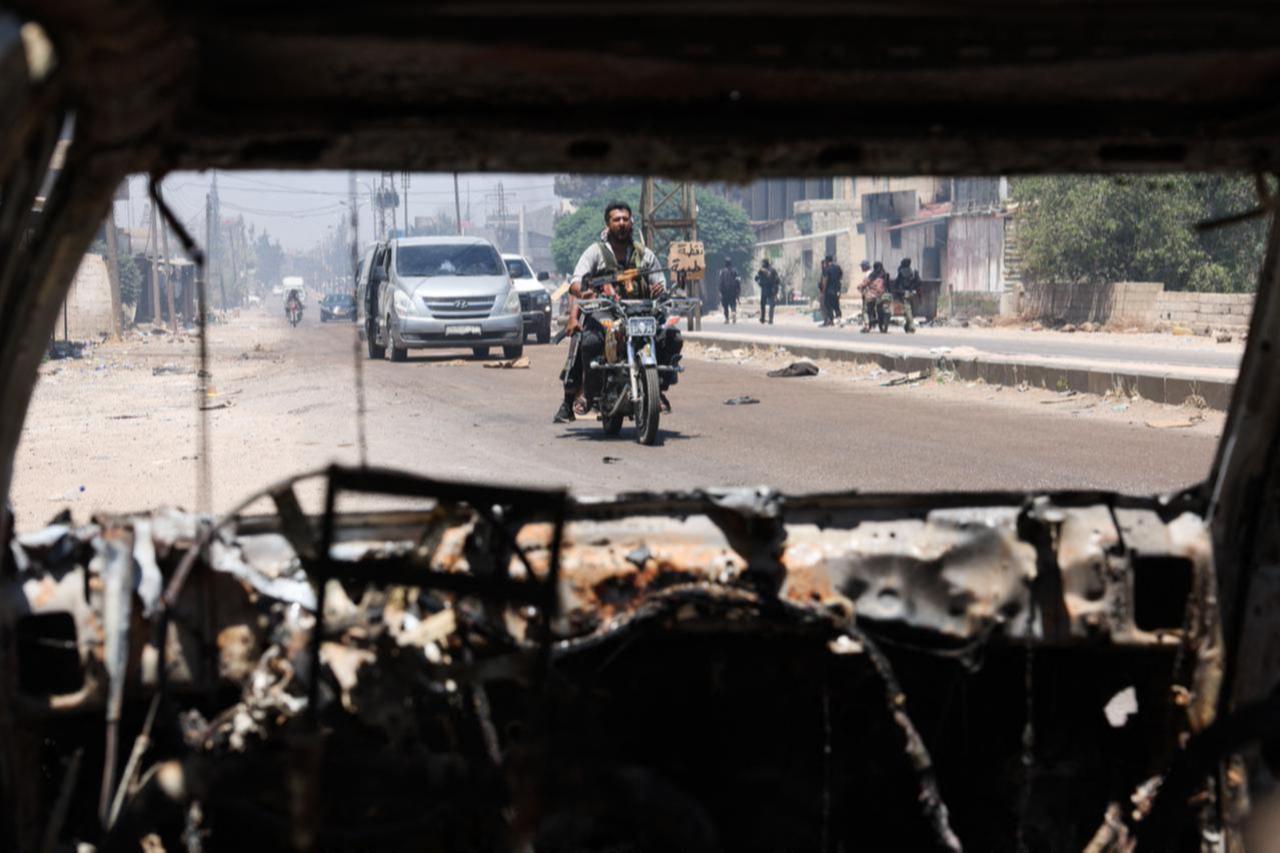
President Erdogan addressed the fragile cease-fire in Syria, highlighting Türkiye’s major role in supporting stability. He praised Syrian President Ahmed al-Sharaa for his firm stance and noted ongoing coordination between Türkiye, the United States, and regional actors.
Erdogan pointed to complex dynamics within Syrian factions, including Druz communities and Israel’s provocations, stressing the importance of preventing destabilization. He expressed Türkiye’s commitment to supporting Syria’s territorial integrity and facilitating voluntary returns of Syrian refugees.
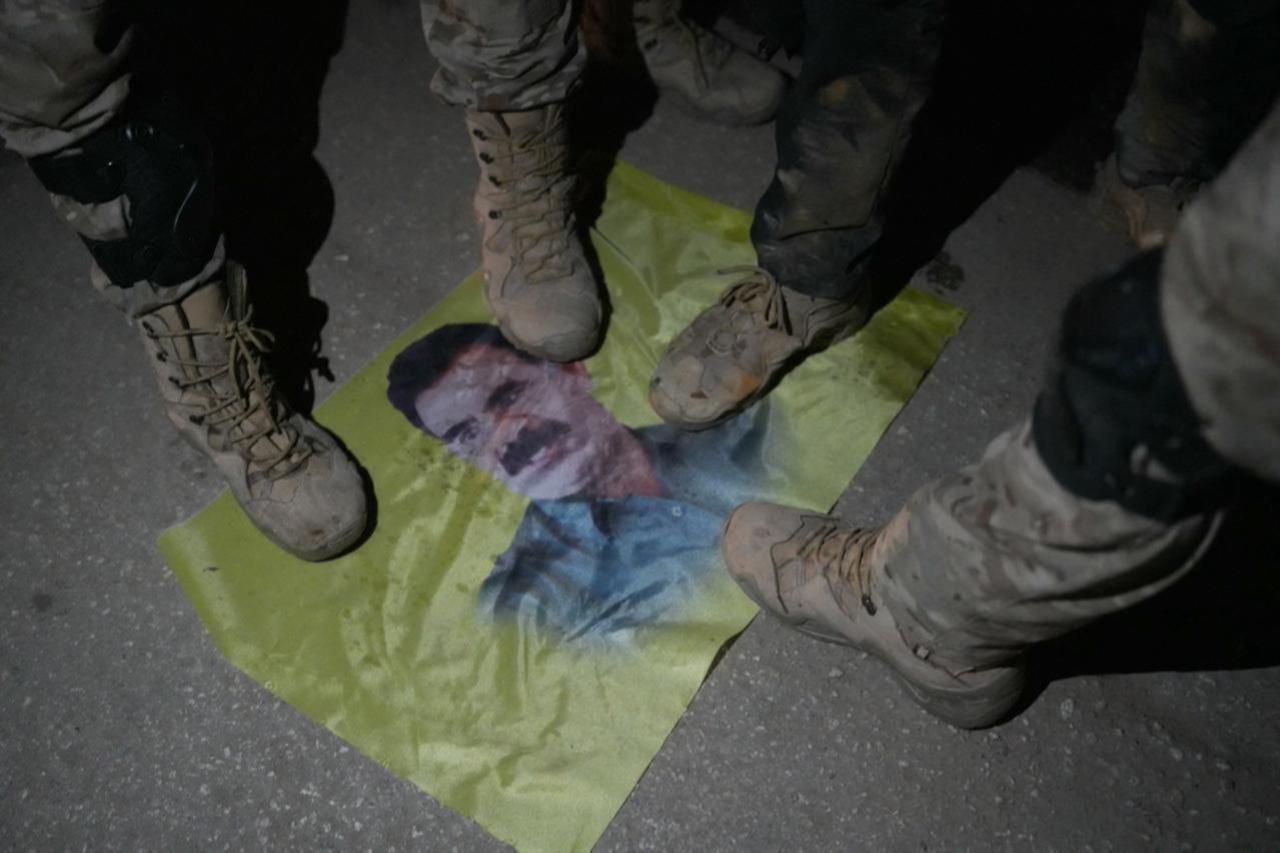
Erdogan discussed the “terror-free Türkiye” initiative, noting the commencement of disarmament processes and ongoing dialogue with relevant groups. He warned against sabotage attempts and said parliamentary progress on commissions related to the process is advancing.
Erdogan highlighted Türkiye’s determination to secure a peaceful future, noting the critical role of cooperation with groups like the PKK terrorist organization’s Syrian affiliates. He reaffirmed Türkiye’s support for Syrian unity and emphasized collaboration with President Shara.
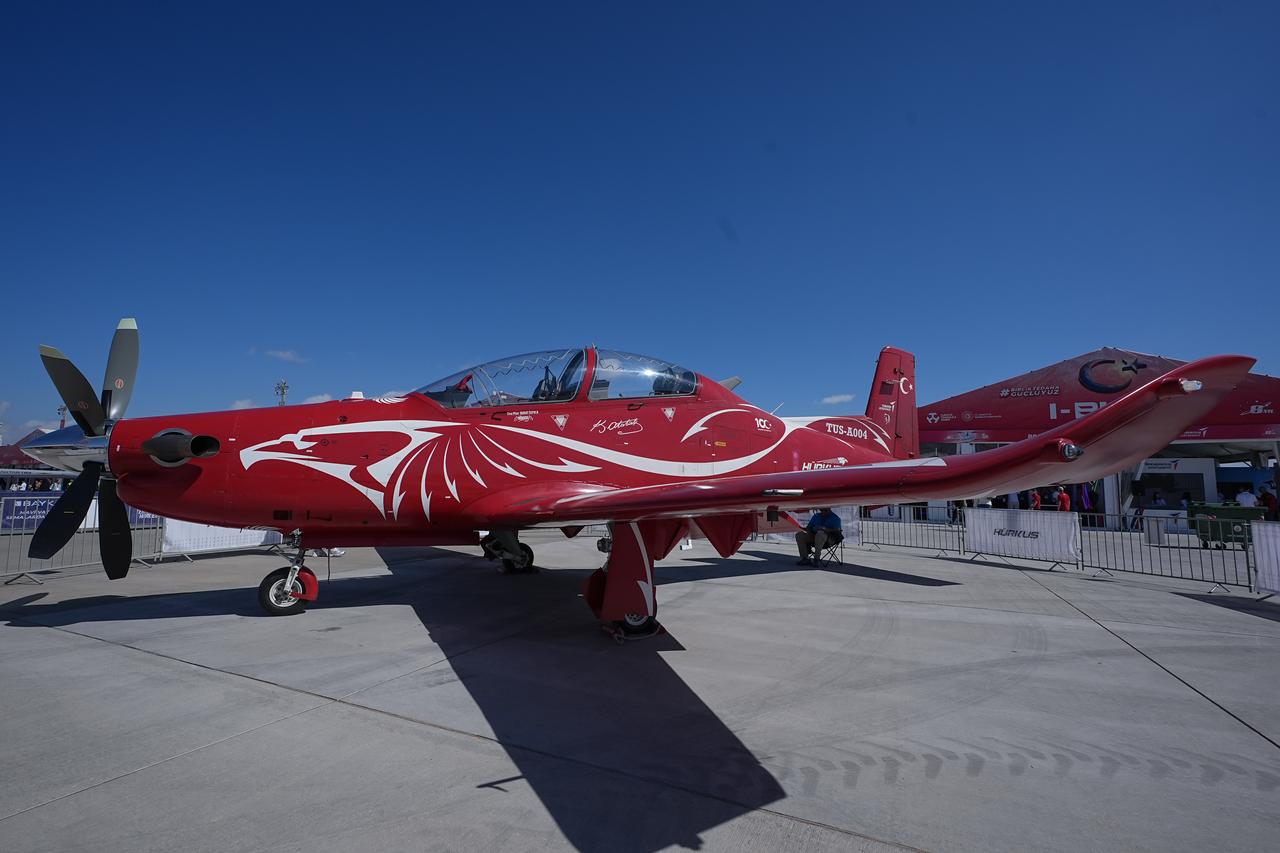
President Erdogan outlined significant gains in Türkiye’s defense sector since coming to power, with investments in nanotechnology and indigenous systems aimed at achieving full self-sufficiency. He cited successful projects including the KAAN UAV, Akinci drone, Altay tank, Hurjet jet, Atak helicopter, and the amphibious assault ship TCG Anadolu.
Erdogan announced plans to collaborate with Spain on a new aircraft carrier and noted positive discussions with the U.K. and Germany regarding jet acquisitions. Türkiye’s defense exports continue to grow, with orders from multiple countries.
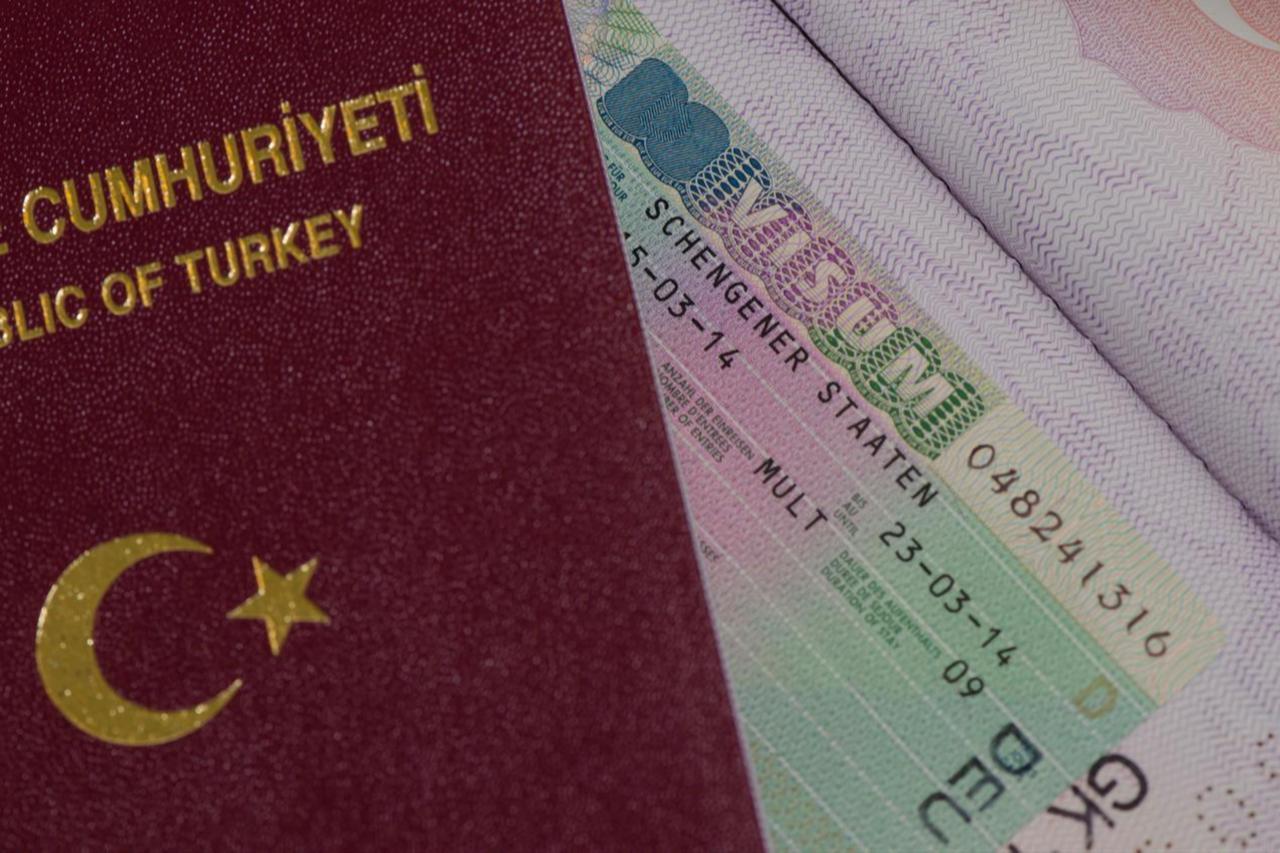
Erdogan urged the European Union to remove political barriers and advance Türkiye’s membership negotiations without delay.
He emphasized Türkiye’s readiness and the strategic importance of Türkiye as a dynamic, solution-oriented partner for the EU. Erdogan called for a fair and equal approach from EU countries to strengthen ties.
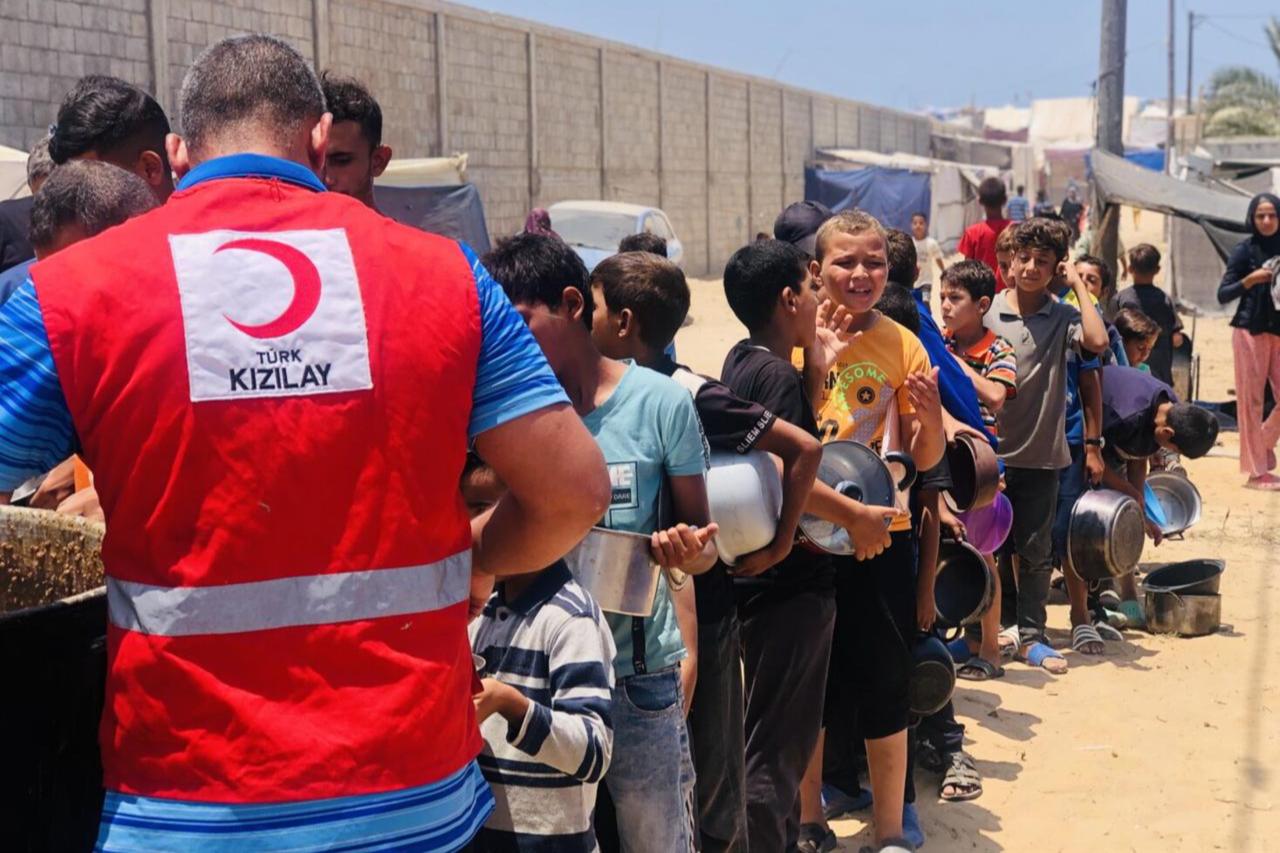
On the ongoing Gaza crisis, Erdogan condemned Israeli attacks and expressed solidarity with the Palestinian people. He detailed stalled cease-fire talks involving prisoner releases, humanitarian aid distribution, and ceasefire guarantees. Erdogan warned against temporary agreements lacking enforcement mechanisms and urged international actors to push for a lasting peace.

Addressing questions about the Zengezur Corridor, Erdogan described it as a vital link benefiting Azerbaijan, Armenia, Türkiye, and the wider region. He called for the corridor to serve as a symbol of cooperation rather than dispute, aiming to boost regional trade and prosperity.
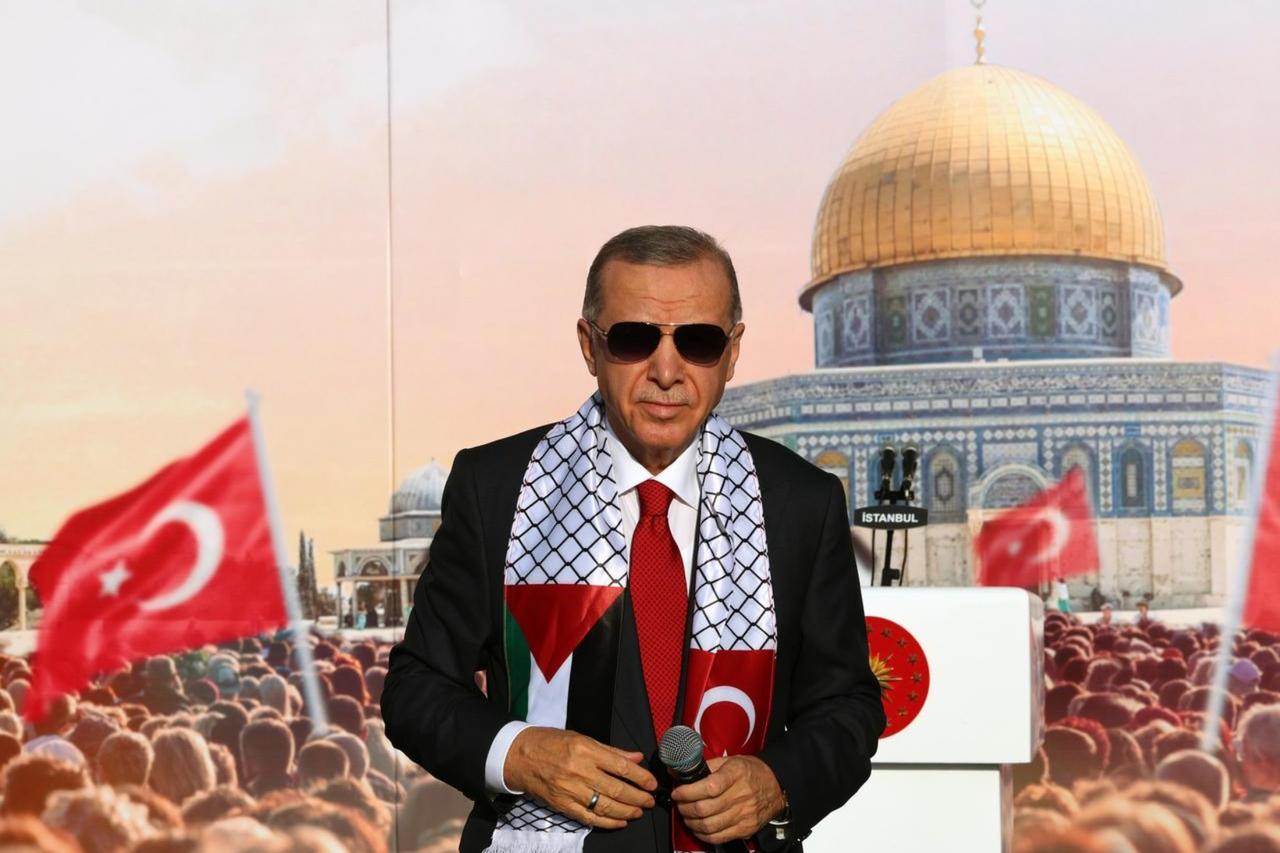
Erdogan highlighted Türkiye’s internal focus on peace, stability, and economic development. He argued that ending terrorism would unlock vast resources for investments benefiting workers, retirees, and the public. Erdogan framed Türkiye’s “Jerusalem Alliance” and security efforts as pillars guiding both domestic progress and Türkiye’s proactive regional role.